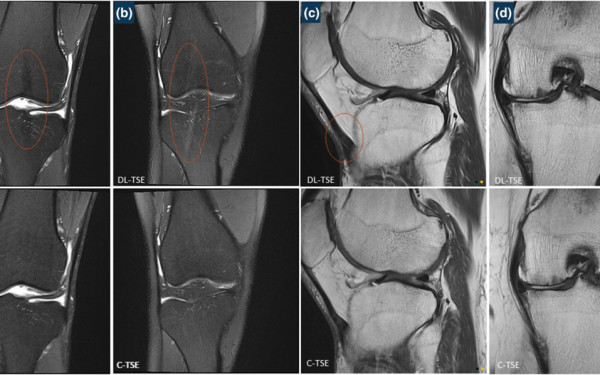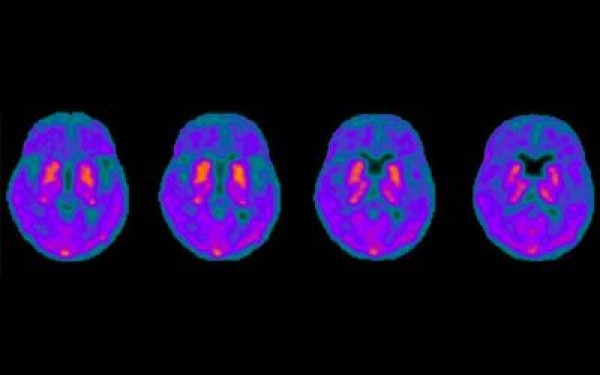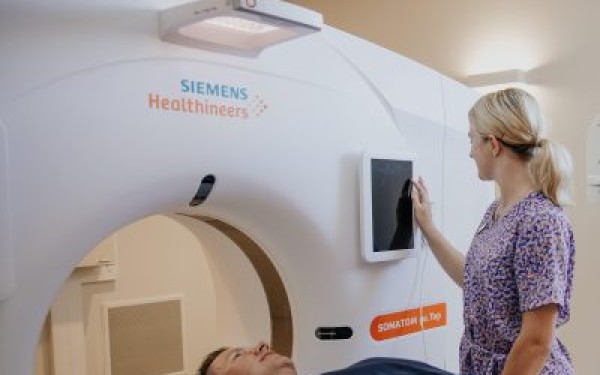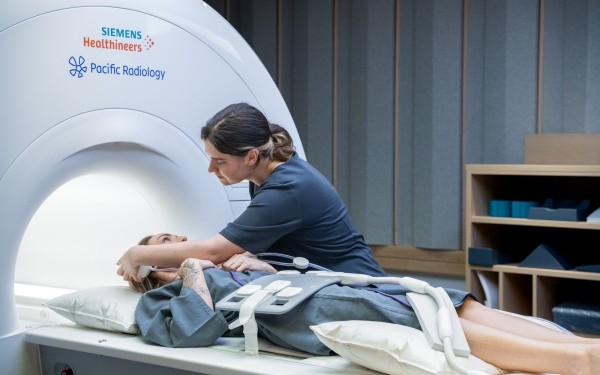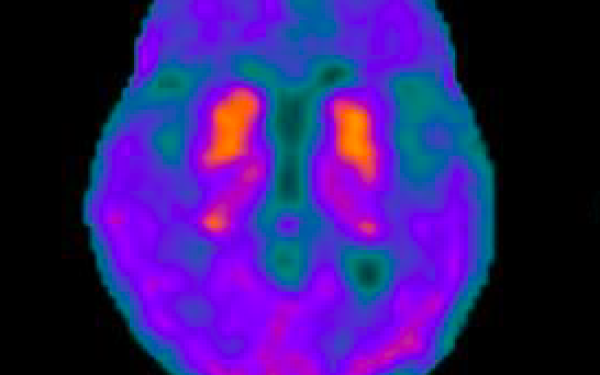New Zealanders suffering from chronic constipation because of a health condition may soon find an easier cure thanks to an exciting research collaboration between Pacific Radiology and the University of Otago, Christchurch.
Researchers hope to determine a safe and affordable remedy for those with constipation, who often suffer a lower quality of life and need time off work and school.
The “Kiwifruit Ingestion to Normalise Gastrointestinal Symptoms” (KINGS) study is a randomised clinical trial investigating the effect of consuming green kiwifruit on constipation in patients over the course of several weeks. Participants will either consume two kiwifruit a day or Maltodextrin for 28 days. Additionally, the research team is actively promoting awareness of the importance of gastrointestinal health and the common global problem of constipation.
Hwei Ng, from the Otago University Research team, is appreciative of Pacific Radiology's collaborative partnership approach and commitment to investing in research that makes a difference.
"Pacific Radiology is providing highly-trained staff and leading-edge technology to obtain consistently high-quality MRI images for this study. They are the go-to radiology provider for all University of Otago, Christchurch, research."
"We appreciate their outstanding support and enthusiasm for the KINGS research team. Their friendly, dedicated staff ensure our participants are well cared for, informed and feel comfortable throughout their MRI experience."
Pacific Radiology is actively supporting the kiwifruit research by providing MRI technology to scan each participant twice throughout the course of the study. These cutting-edge MRI scans are to determine motility, colonic volumes and water content in participants who have constipation. The aim is to observe how two green kiwifruit per day for 28 days changes the physiology of the gastrointestinal tract, and if adding kiwifruit into the diet provides natural and safe relief of constipation in the place of over-the-counter laxatives.
Study participants will also ingest small, pill-sized diagnostic devices and blue food dye to determine bowl transit and measure gut pH, temperature and pressure; fill out questionnaires about mental and physical health; keep food diaries; and provide blood and stool samples. The research team has even developed a bowel movement app to allow participants to easily enter data into their phones.

